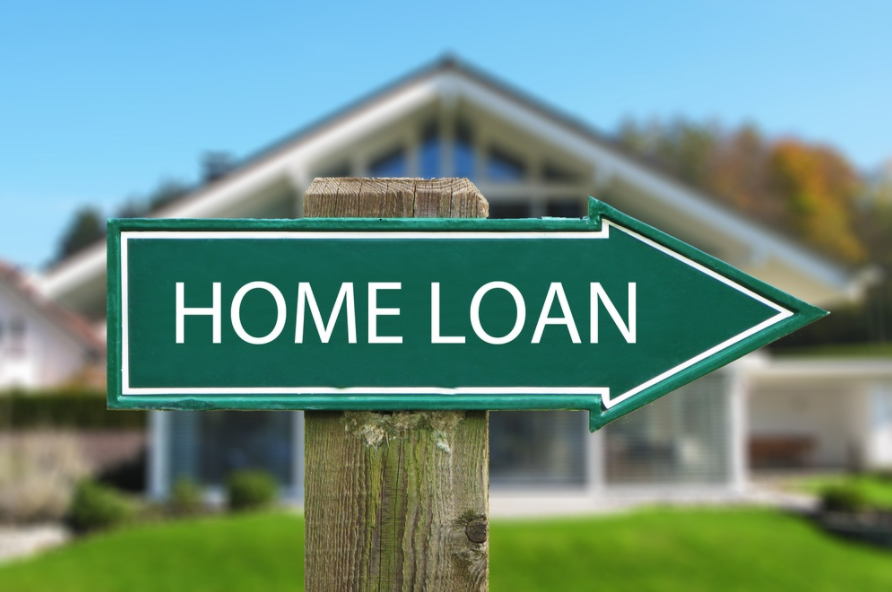When you finally cross over from renting to buying: What you need?
admin

When you finally cross over from renting to buying: What you need?
If ever a moment of feeling like I was doing something grown up, was the search and purchase of a house right after college graduation. The opportunity to buy something to call it my own, the I did it moment, the how oh my god damn hard this really is (Forget the house moment).... The meeting with the loan broker solidified my tolerance of pain because when they say downpayment and paperwork verification there is more than meets the eye than the prequalification that they give you as soon as you send them your first name ...I mean the pre-approvals are some of the most harmful parts of the process it gives you the ill impression that this is an easy road and that you can come out on top without any scars or blemishes. That is the wrong vision as the crash of 2008/9 cause the banks to up the ante in checking what you got.So what do you need I would advise that you keep this current on a monthly basis they need to know that everything that you do financially is real and responsible. Get my drift Real, Tangible, and responsible.
Here are some tips to make sure that your look real responsible 6 months before you actually apply:
- If downpayment is 3% save up enough money for 6% for any additional costs such as moving expenses, inspections, and new items for your new home since they are never ready for you, as they were not made for you,.
- Don't buy anything that will kill your debt to income ratio...this is the difference between what you earn and what you owe. If the ratio is to high you will not get approved
- Don't switch your jobs they need that history so they can be sure your in a stable situation
- Don't open any more credit cards
- NEED CASH, CASH, CASH or at least the impression that you have lots of cash
Here are the plane jane requirements for a loan that you must have I would say build this up before the pre-approval:
- Social security number for anyone who is on the mortgage loan. This information can be verified through a Social Security card, tax documents, or anything else that shows the SSN. The lender needs this to verify your identity, and also to pull your credit.
- Proof of employment. Your mortgage lender will probably request a list of employers for the last two years (at a minimum). This document will also include each employer's name, mailing address and phone number. They want to verify your employment because it relates to your ability to repay the loan.
- Proof of income. These mortgage documents are used to validate your income. It can come in several forms. This will be your two most recent pay stubs or the electronic equivalent, that shows your year-to-date earnings. It's your average annual income the lender wants to know about. The lender will also use tax records to verify your earnings (see next item).
- Tax documents. This is a standard document for mortgage pre-approval. So there's a 99% chance you will have to provide tax documentation at some point. Most lenders want to see your W-2 statements and tax returns for the last two years. Among other things, your W-2s show how much money you earned over the previous year(s).
- Place of Residence. This one is self-explanatory. The lender wants to know where you've lived for the last couple of years, and maybe longer.
- Bank account information. When you apply for mortgage pre-approval, the lender will want to know how much money you have in the bank. They need to ensure you have sufficient funds for your closing costs, down payment, and cash reserves (if applicable). So they will probably ask you for account statements and balances for any checking, savings, or money market accounts. This is another standard mortgage document for pre-approval. All lenders require this.
- Credit information. Do you have other outstanding loans that you're currently repaying (car loans, student loans, etc.)? If so, the lender may ask for documents related to those accounts. They need this information to measure your debt-to-income ratio.
- Purchase agreement. Also referred to as the real estate contract. Once you have a signed contract with the seller, you'll need to give a copy to the lender. You won't have this mortgage document during the pre-approval process (the "pre" parts means you haven't found a house yet). But you'll need to provide it for the final approval after you've made an offer on a house. This document shows the lender how much you've agreed to pay for the house. Later, they will have the property appraised to make sure it's worth the amount you've agreed to pay.
- Gift letters. Are your family members going to help you with your down payment? If so, you need to provide a gift letter along with your other mortgage documents. They need to make sure the money is truly a gift, and that your relatives don't expect any form repayment.
- Monthly expenses. Some mortgage companies will ask for an itemized list of your monthly payments. This list might include your rent, credit cards, student loans, etc.
- Self-employment documents. Do you run your own business? If so, you might have to provide some additional documents during the mortgage pre-approval process. This might include balance sheets, a profit-and-loss statement, or federal tax statements for the last two years.
Below is a link with some programs that can be used to pay off that home early - Merry Christmas and take this gift with you to the bank.
Read more: Click Here!
